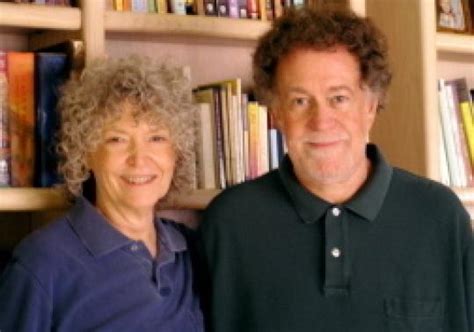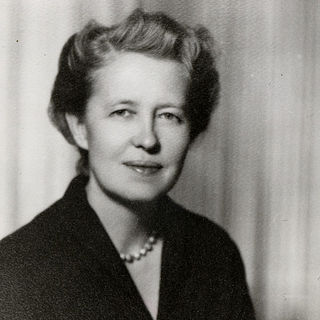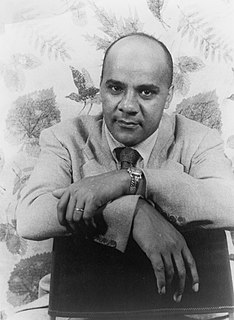A Quote by Nelson Mandela
Abject poverty is demeaning, is an assault on the dignity of those that suffer it. In the end it demeans us all. It makes the freedom of all of us less meaningful.
Related Quotes
It is a horrible idea that there is somebody who owns us, who makes us, who supervises us - waking and sleeping - who knows our thoughts, who can convict us of thought crime, thought crime, just for what we think, who can judge us while we sleep for things that might occur to us in our dreams, who can create us sick, as apparently we are - and then order us, on pain of eternal torture to be well again.
To demand this, to wish this to be true is to wish to live as an abject slave.
Inside us all are pieces of that which makes the neagitve. Demons are neither good nor bad. Like you, they have many facets. It is that inner essence, or drive, if you will, that we all have that guides us through our lives. Sometimes those voices that drive us are whispered memories that live deep inside and cause us such pain that we have no choice except to let it out and to hurt those around us. But at other times, the voice is love and compassion, and it guides us to a gentler place. In the end, we, alone, must choose what path to walk. No one can help us with it. (Menyara)
We are not fighting for the right to be like you. We respect ourselves too much for that. When we advocate freedom, we mean freedom for us to be black, or brown, and you to be white, and yet live together in a free and equal society. This is the only way that integration can bring dignity for both of us.
Adversity is a severe instructor, set over us by one who knows us better than we do ourselves, as he loves us better too. He that wrestles with us strengthens our nerves and sharpens our skill. Our antagonist is our helper. This conflict with difficulty makes us acquainted with our object, and compels us to consider it in all its relations. It will not suffer us to be superficial.
This freedom of movement is the very essence of our free society, setting us apart. Like the right of assembly and the right of association, it often makes all other rights meaningful-knowing, studying, arguing, exploring, conversing, observing and even thinking. Once the right to travel is curtailed, all other rights suffer, just as when curfew or home detention is placed on a person.








































